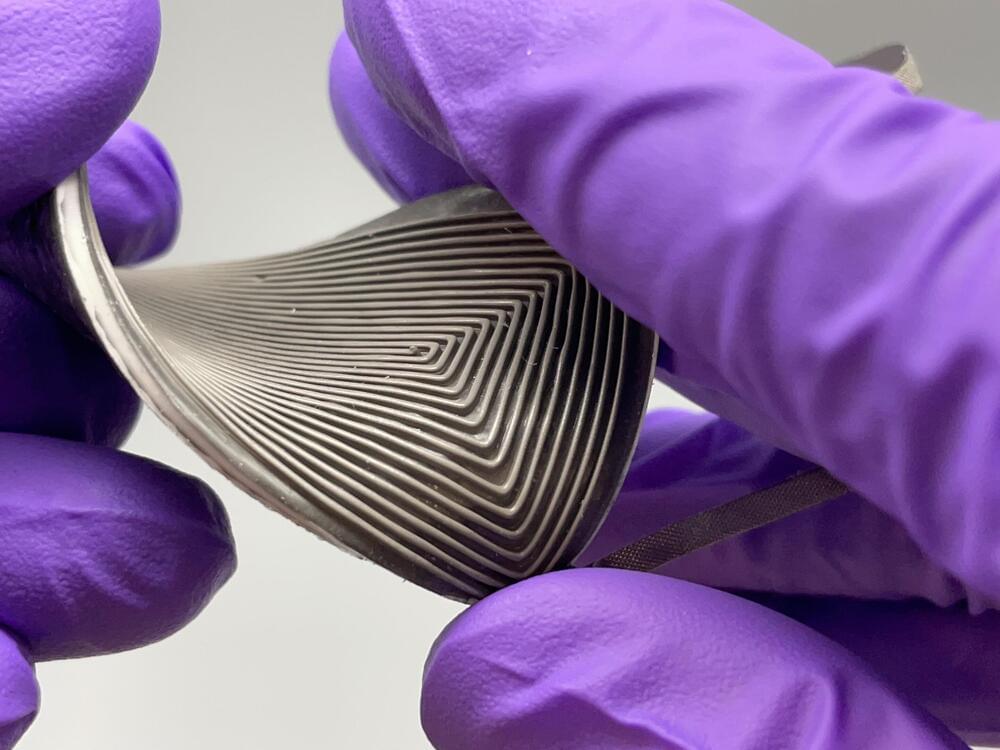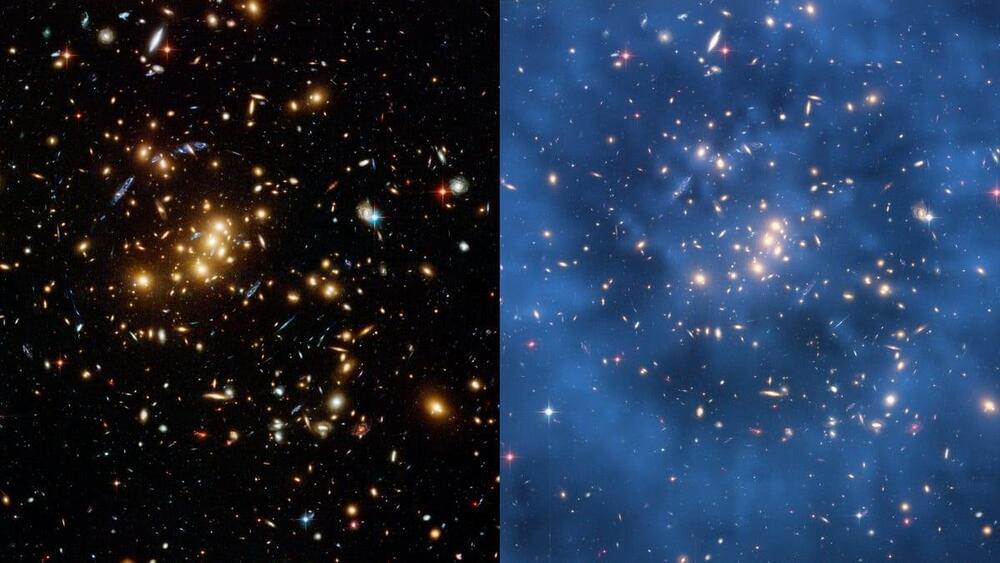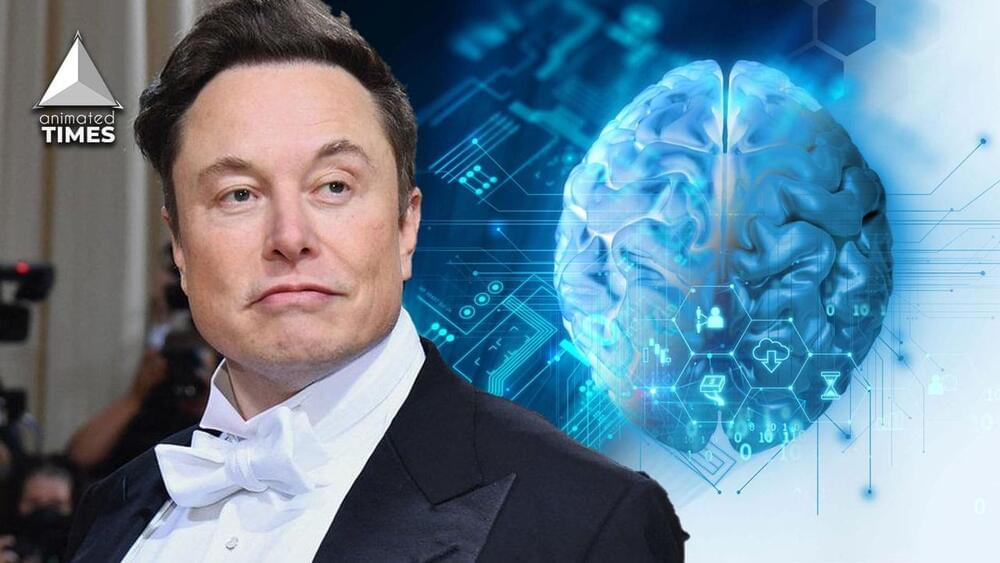A roadmap for the future direction of quantum simulation has been set out in a paper co-authored at the University of Strathclyde.
Quantum computers are hugely powerful devices with a capacity for speed and calculation which is well beyond the reach of classical, or binary, computing. Instead of a binary system of zeroes and ones, it operates through superpositions, which may be zeroes, ones or both at the same time.
The continuously-evolving development of quantum computing has reached the point of having an advantage over classical computers for an artificial problem. It could have future applications in a wide range of areas. One promising class of problems involves the simulation of quantum systems, with potential applications such as developing materials for batteries, industrial catalysis and nitrogen fixing.
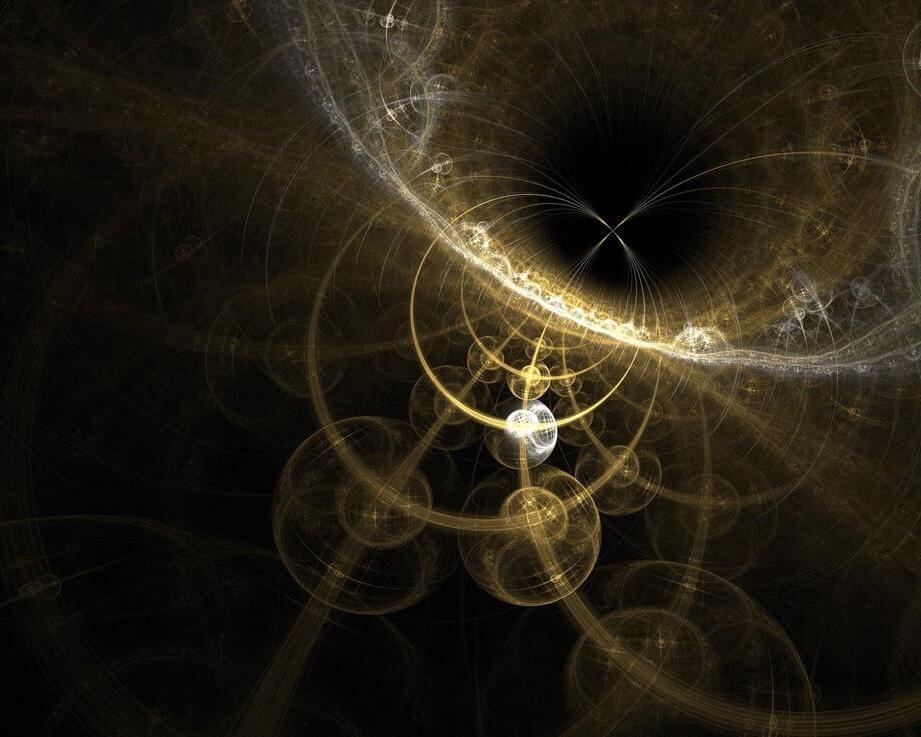
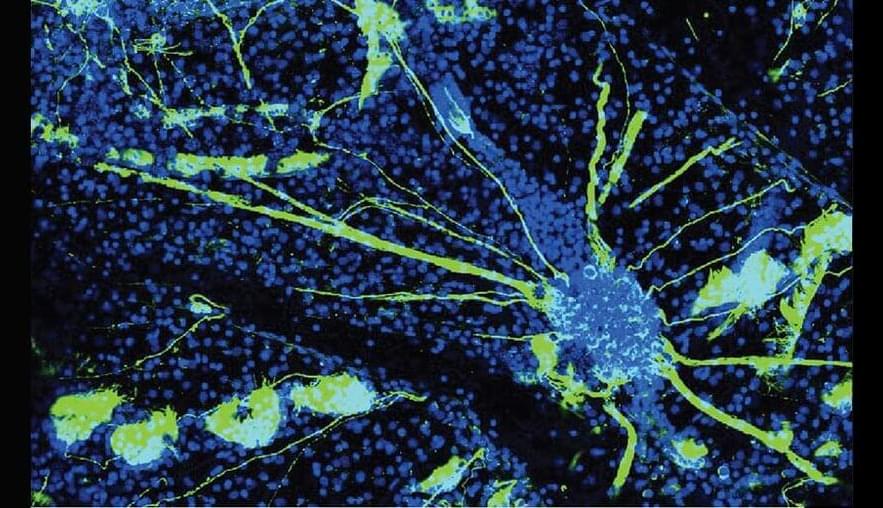

 עברית (Hebrew)
עברית (Hebrew)
